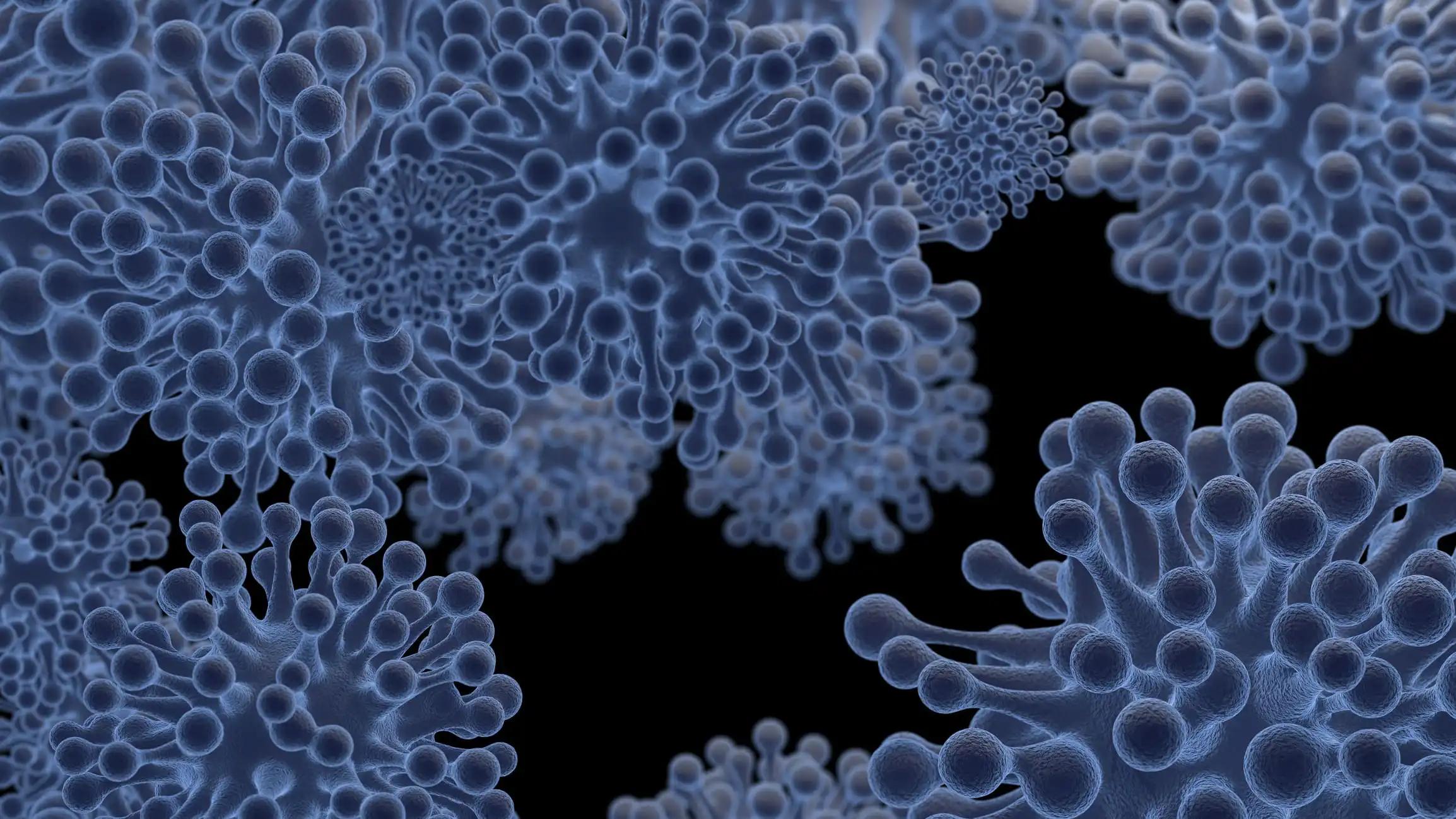KEY TAKEAWAYS
- A Phase 3 ZUMA-2 trial investigated the efficacy of KTE-X19, an autologous anti-CD19 CAR T-cell therapy, in patients with relapsed/refractory MCL.
- The study’s primary aim was to evaluate the objective response rate (ORR) and duration of response (DOR) in subgroups of patients based on prior therapy.
- Patients diagnosed with relapsed or refractory MCL have undergone one to five prior therapies, including prior exposure to BTK.
- The results showed that after a median follow-up of 35.6 months, the objective response rate among all 68 treated patients was 91%, with 68% complete responses.
- Subgroup analyses revealed that response rates were uniform across prior BTKi exposure or high-risk characteristics.
- The study concludes that KTE-X19 elicited long-lasting, sustainable responses over time and did not pose significant safety concerns in patients with relapsed or refractory MCL.
The autologous anti-CD19 chimeric antigen receptor (CAR) T-cell therapy, Brexucabtagene autoleucel (KTE-X19), has been approved for the management of relapsed/refractory mantle cell lymphoma (MCL). The results of the pivotal ZUMA-2 study, which investigated the efficacy of KTE-X19 in patients with relapsed/refractory MCL, have been reported after a 3-year follow-up. The study analyzed outcomes for subgroups based on prior therapy, including bendamustine, Bruton tyrosine kinase inhibitor (BTKi) type, and high-risk characteristics. Individuals diagnosed with relapsed or refractory mantle cell lymphoma (MCL), who have undergone one to five prior therapies, including prior exposure to Bruton’s tyrosine kinase inhibitors (BTKi), were administered a solitary infusion of KTE-X19, consisting of 2 × 106 chimeric antigen receptor (CAR) T cells per kilogram of body weight. Following a median follow-up of 35.6 months, the objective response rate among all 68 treated patients was 91% (95% CI, 81.8 to 96.7), with 68% complete responses (95% CI, 55.2 to 78.5). The medians for the duration of response, progression-free survival, and overall survival were 28.2 months (95% CI, 13.5 to 47.1), 25.8 months (95% CI, 9.6 to 47.6), and 46.6 months (95% CI, 24.9 to not estimable), respectively.
The post hoc analyses revealed that the objective and ongoing response rates were uniform across the prespecified subgroups based on prior BTKi exposure or high-risk characteristics. During the exploratory analysis, it was observed that patients who had previously received bendamustine experienced positive outcomes with KTE-X19. However, there was a tendency towards reduced T-cell functionality, particularly when bendamustine was administered within 6 months of leukapheresis as opposed to 12 months. Late-onset toxicities were low, with only 3% of treatment-emergent adverse events observed during the extended follow-up period in ZUMA-2. The results of translational assessments have demonstrated that KTE-X19 is associated with long-term benefits. These benefits include high-peak CAR T-cell expansion in responders and the predictive value of minimal residual disease for relapse. The aforementioned data, representing the most extensive follow-up of CAR T-cell therapy in individuals with MCL thus far, indicates that KTE-X19 elicited long-lasting responses that were sustainable over time and did not pose significant safety concerns in patients with relapsed or refractory MCL. Furthermore, it may also prove advantageous for those with high-risk attributes.
Source: https://pubmed.ncbi.nlm.nih.gov/35658525/
Clinical Trail: https://clinicaltrials.gov/ct2/show/NCT02601313
Wang M, Munoz J, Goy A, Locke FL, Jacobson CA, Hill BT, Timmerman JM, Holmes H, Jaglowski S, Flinn IW, McSweeney PA, Miklos DB, Pagel JM, Kersten MJ, Bouabdallah K, Khanal R, Topp MS, Houot R, Beitinjaneh A, Peng W, Fang X, Shen RR, Siddiqi R, Kloos I, Reagan PM. Three-Year Follow-Up of KTE-X19 in Patients With Relapsed/Refractory Mantle Cell Lymphoma, Including High-Risk Subgroups, in the ZUMA-2 Study. J Clin Oncol. 2023 Jan 20;41(3):555-567. doi: 10.1200/JCO.21.02370. Epub 2022 Jun 4. PMID: 35658525; PMCID: PMC9870225.



